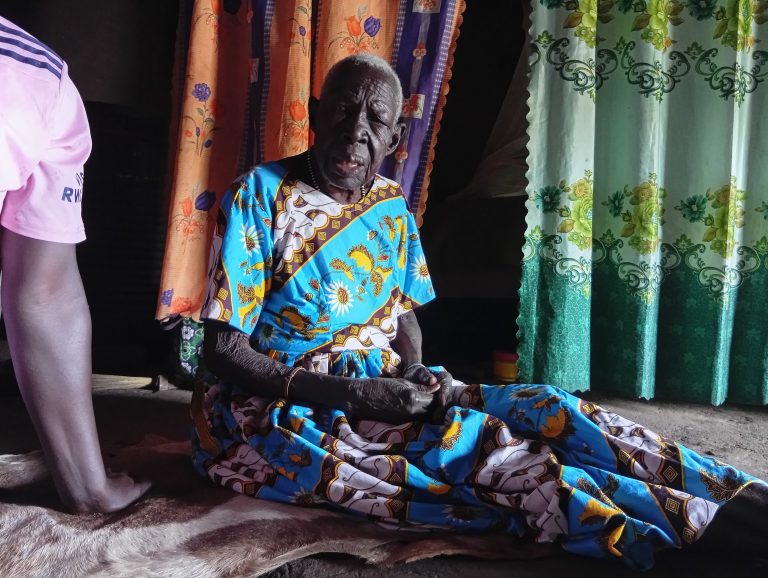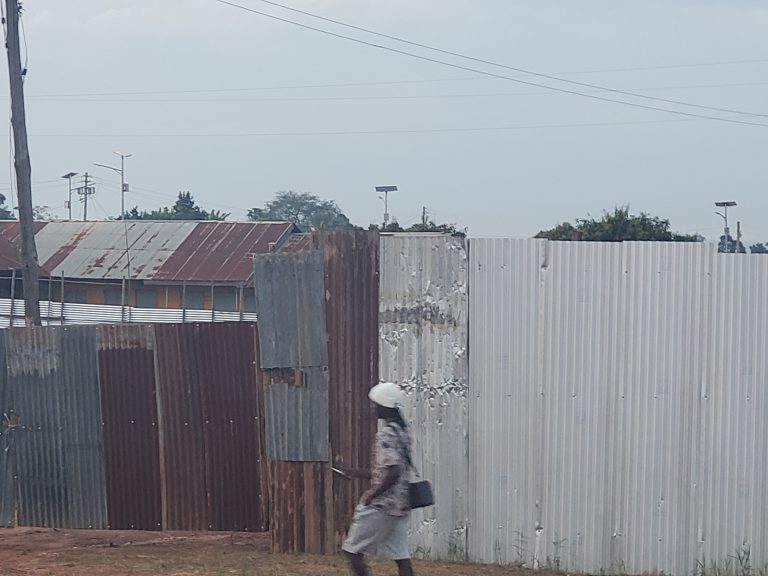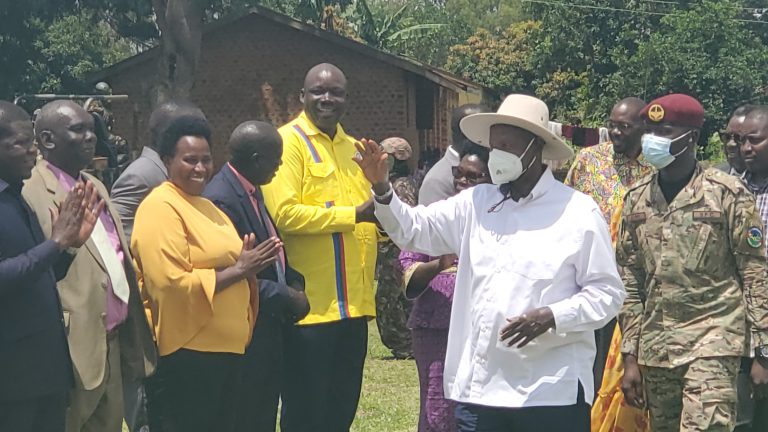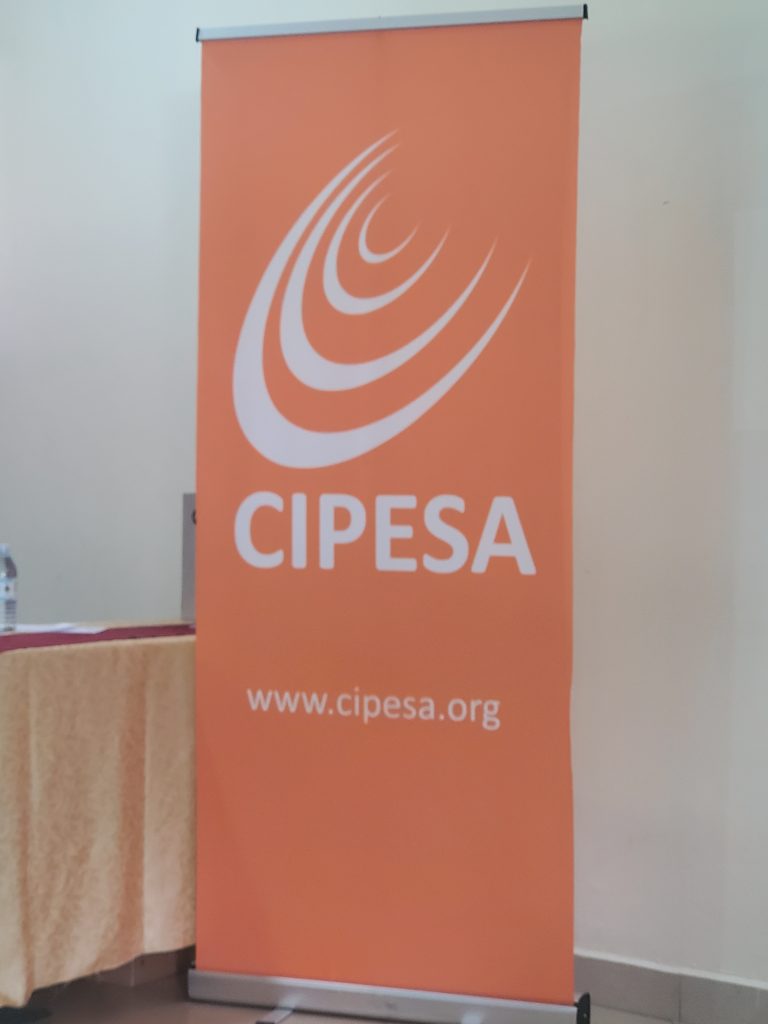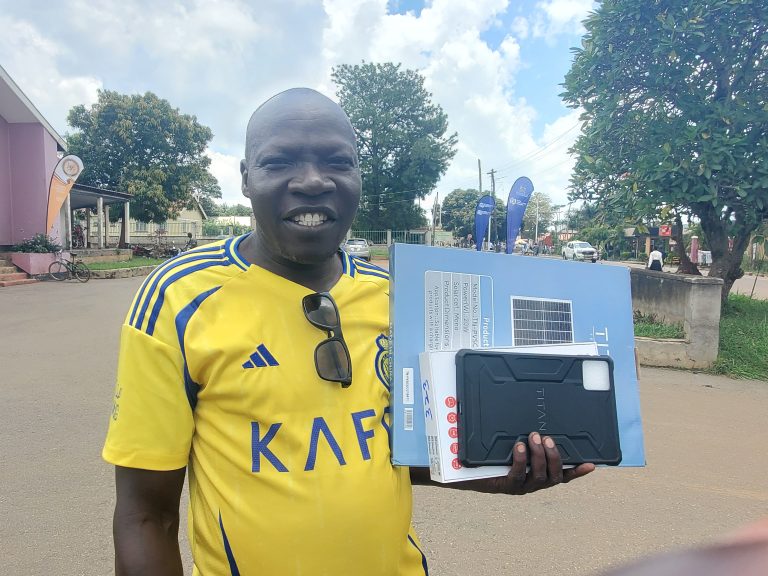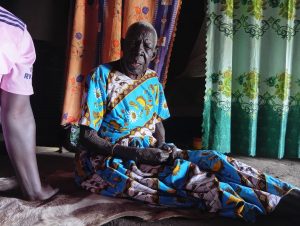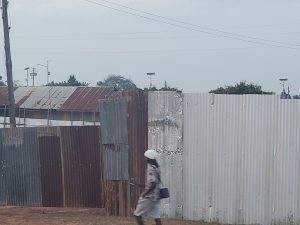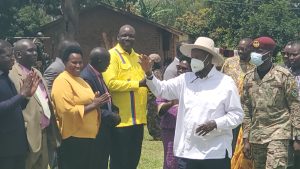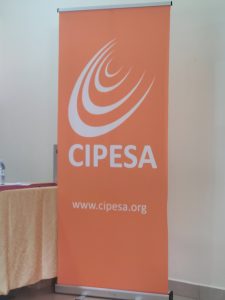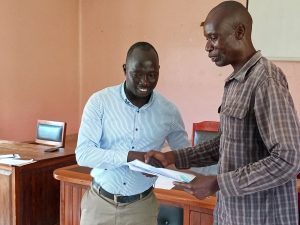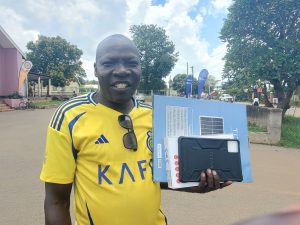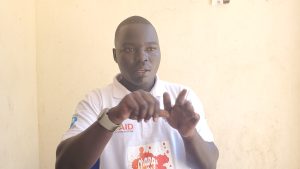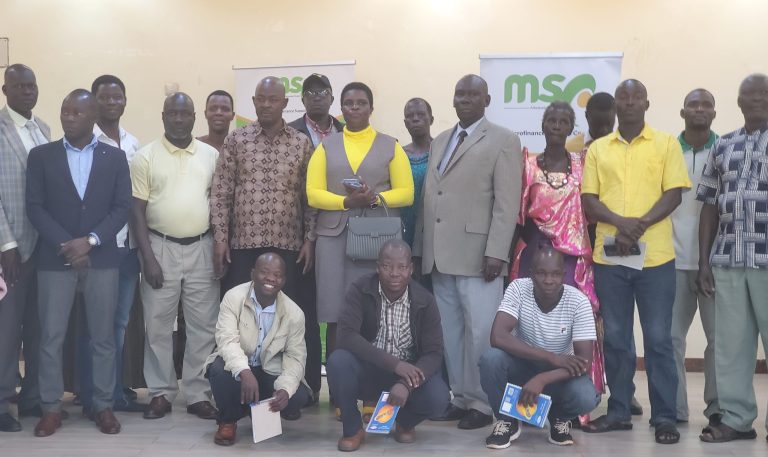The initiative aims to empower youth, women, and local leaders through digital storytelling, civic engagement, and media safety training.
By Chowoo Willy & Tonny Ojok
The Northern Uganda Media Club (NUMEC) has launched a groundbreaking project aimed at strengthening community media, promoting ethical journalism, and empowering citizens to engage meaningfully in Uganda’s 2026 general elections.
Dubbed the Community Media and Election Advocacy Project, the initiative seeks to bridge the gap between communities and decision-makers by amplifying grassroots voices on governance, land rights, gender equality, and climate justice.
The project is being implemented in partnership with DiploBrief, Friends of Zoka, Solidarity Uganda, and the National Association of Professional Environmentalists (NAPE).
“This project is about transforming how our communities engage with democracy,” said Oryem Alfred, Project Coordinator at NUMEC. “We want every citizen, especially youth and women, to have the tools and confidence to tell their own stories and demand accountability.”
According to NUMEC, the project seeks to empower grassroots voices, promote ethical journalism, and foster inclusive dialogue on issues such as land rights, climate change, gender equality, and youth marginalization, ensuring that local perspectives are heard and protected during the election process.
Ms Aloyo Innocent, a Board Member of NUMEC, said the project seeks to bridge the gap between communities and decision-makers, ensuring that local voices are heard and protected during the election process.”
The 11-month project shall run up to August 2026
Empowering the Marginalised
In his remarks at the launch, Oryem explained that the project’s design was informed by NUMEC’s decade-long experience working with community media practitioners across the Acholi, Lango, and West Nile subregions. He said many rural communities remain excluded from national discourse because they lack access to digital tools or safe platforms to express their opinions.
“For too long, rural people have been spoken for, not listened to,” he said. “This project is about shifting that dynamic. It’s time communities reclaim their narrative.”
A central component of the initiative is the Community Digital Ambassadors Program, which will train youth, women, and community leaders in smartphone storytelling, digital safety, and advocacy framing. The program is expected to nurture a new generation of citizen journalists who can use digital media to expose injustices, promote accountability, and inspire local action.
“We believe in training from the ground up,” Oryem added. “With just a smartphone, a young person in Amuru or Kitgum can now document land grabbing, environmental degradation, or election malpractice, and make that story count.”
Voice 1: Oryem explaining more about the project
Mr. Oryem Auric, Assistant Administrative Officer who represented the Chief Administrative Officer of Gulu District, urged journalists to dedicate more attention to rural and marginalized areas, where access to essential services remains limited. He cited ongoing gaps in healthcare, education, and vocational training as key areas requiring media spotlight and community dialogue.
He encouraged media practitioners to document and amplify stories of resilience, innovation, and unmet needs in rural Uganda to influence positive policy action.
Auric also cautioned journalists against sensational reporting, especially as the country prepares for the 2026 general elections. He called for adherence to journalistic ethics, accuracy, and fairness in news coverage.
“I urge the media to report factually and avoid sensationalism,” he said. “Journalism is a powerful tool; it can build or destroy. Let us use it to promote professionalism, accuracy, and constructive dialogue during this political season.”
He stressed that credible reporting strengthens democracy and builds public trust between citizens and leaders.
Mr. Auric reaffirmed the district’s commitment to maintaining open channels of communication with the media, describing journalists as critical partners in promoting transparency and accountability.
“As government officials, we value your partnership. Our offices are open. Please engage with us for accurate information,” he said. “Together, we can amplify advocacy for better service delivery and community empowerment.
The Deputy Resident City Commissioner (RCC) for Gulu City, Mr. Peter Banya, called on journalists to use their platforms to promote peace, unity, and responsible reporting ahead of Uganda’s 2026 general elections.
Mr. Banya commended journalists and partners, including the American Jewish World Service (AJWS), for championing civic engagement and inclusive media.
“This project is timely, especially in an election season when issues affecting women, youth, and persons with disabilities need more attention,” he said. “Let these conversations begin here, where real people live.”
Mr. Banya urged journalists to avoid political bias and focus on stories that unite communities rather than divide them. He applauded Gulu’s media fraternity for upholding professionalism and maintaining peaceful relations with government institutions.
“For the past four years, our city has been peaceful, no tear gas, no media-government confrontation. That is a sign of maturity and partnership,” he said. “Let’s continue this collaboration for the good of our city and our country.”
A Convergence of Partners and Shared Goals
The partnership behind this initiative represents a convergence of advocacy and development organizations united by a common goal: empowering communities to participate actively in shaping their future.
Oryem described the initiative as a powerful coalition for positive change. Each partner brings unique expertise:
DiploBrief, a digital diplomacy and storytelling platform, will lead the project’s media innovation component, while Friends of Zoka, an environmental advocacy group, will guide content on forest and land rights. Solidarity Uganda brings expertise in civic mobilization and digital security, and NAPE will contribute to gender and climate justice training.
“The partnership approach is intentional,” Oryem explained. “We cannot build sustainable change in isolation. It takes collaboration, from local media, activists, and community leaders, to create real impact.”
He also acknowledged the growing role of technology in democratic processes. “Artificial intelligence, social media algorithms, and digital data all shape public opinion today,” he said. “We must understand and use them responsibly to advance justice, not division.”
Mr. Dickens Otim, the Team Leader at Solidarity Uganda, said the organization has shifted its focus toward marginalized groups who often bear the brunt of election-related challenges. He noted that this commitment inspired their partnership with the Northern Uganda Media Club (NUMEC) and other organizations to ensure that no one is left behind.
According to Otim, the collaboration seeks to build the capacity of journalists while empowering women and persons with disabilities (PWDs) with the knowledge and confidence to hold political leaders accountable for their promises.
“Our main objectives are environmental conservation and the protection of the rights of marginalized people,” Mr. Otim explained. “Through this partnership, we are advocating for peaceful, free, and fair elections that prioritize the interests of the electorate. We also encourage politicians to include issues of environmental protection and human rights in their manifestos, as these are central to sustainable development.”

According to NUMEC’s leadership, the project builds on lessons learned from previous community media interventions in Acholi, Lango, and West Nile subregions. This experience has shown that when communities have access to information and safe platforms to express themselves, they become agents of change rather than passive recipients of aid.
With Uganda’s 2026 general elections less than a year away, NUMEC’s project could become a defining model for how community-driven media contributes to national dialogue. The organization envisions a future where journalists, citizens, and policymakers collaborate to shape a more transparent and inclusive democracy.


